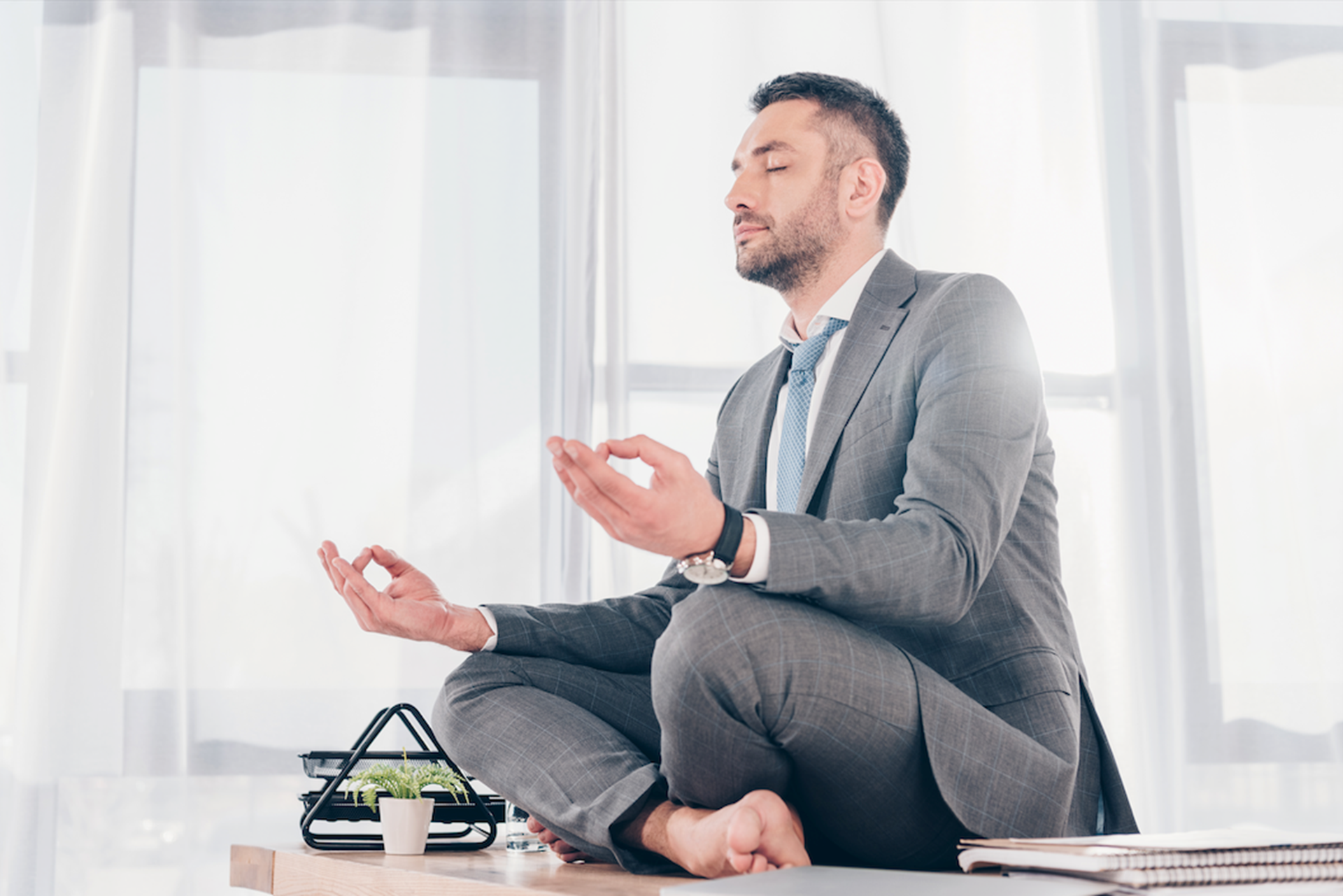Meditation is Crucial to Recovery
Published: 01/04/2020
Prior to starting a journey towards addiction recovery, individuals are often in a dangerous reward-seeking cycle. They will abuse various substances for the high. Once this high eventually wears off they will likely feel the need to use again.
Living life on the edge becomes an unbearable routine and, if withdrawal comes into play, terribly excruciating. To avoid relapse, an aftercare plan is essential. A well planned and thorough aftercare plan can result in lasting recovery. There is a myriad of tools addicts in recovery can incorporate. Meditation and mindfulness from recovery of addiction is a crucial coping tool from many of life’s stressors. Here is why:
What Is Meditation?
Meditation is an ancient practice with eastern roots which involves both the mind and body. Focusing fully on the here and now, a state known as mindfulness. During meditation, individuals direct their attention to their breath to increase calmness and physical relaxation. This practice focuses on the interactions in the brain. The results can be anywhere from enhancing overall health and wellbeing to minimising anxiety and even coping with illness.
Many may reject meditation thinking it is a new-age practice only for yogis or hippies. However, studies have shown an array of positive benefits resulting from the practice. Regular meditation can help people learn to be more present and mindful resulting in a sense of calmness which could particularly help someone dealing with agitation, anxiety, or depression, which many addicts could encounter during their recovery.
Meditating During Recovery
As we have noted above, the health benefits (particularly the psychological ones) alone, make meditation worth incorporating in a routine. Through helping people to regulate emotions and as a result deal with stress and combat depression and anxiety, mediation can benefit a person in recovery. Having this skill during treatment or shortly after beginning recovery can have a positive impact on your overall wellness.
In fact, meditation can serve as a safe, natural, and completely acceptable replacement to the high achieved with substance use. During meditation, the prefrontal cortex of the brain is activated, which promotes the release of feel-good chemicals called endorphins. Meditation also helps regulate brain chemicals called neurotransmitters, so that a person feels more upbeat, positive, and relaxed.
This natural “meditation high” could be compared to a runner’s high, but possibly even more powerful (with frequent practice). Also, this elevated state does not come with an energy crash or dramatic mood shift, it can be sustained long after the session has ended.
Many in early recovery might be taught meditation during their in-patient rehab stay or other forms of treatment. There is a myriad of ways one can practice meditation and mindfulness, but this is a simple way to kick-off the habit:
- Going somewhere quiet, and with no distractions is crucial.
- Either cross-legged or simply sat on a cushion, or on a comfortable chair. One must avoid lying down just yet as to not get too sleepy.
- One can either close the eyes or focus on a location a few feet away.
- Make sure to take a few deep, cleansing breaths— firstly, in through the nose and then out the mouth.
- Focusing fully on each breath, whilst noting each exhale and inhale.
- The mind may wonder, in this case, – do not cast any judgment, simply return the attention the breathing.
To start, individuals might try sitting silently and focusing on the breath for about 5 minutes. As a person develops the ability, they might build up the time to 10, then 20 minutes.
Guided meditations are an excellent way to get into the practice. There are even guided meditation tutorials for recovery on YouTube.
Meditation in addiction recovery can be a wonderful addition to someone’s coping toolbox. It allows them to increase the skills and strategies learned in treatment for early recovery.
How Can Right at Home help?
Our dedicated Addiction Recovery Support service created a bespoke recovery plan that includes many tools to sustain recovery. We tailor this plan around each client’s specific recovery goals, lifestyle and budget.
We widely use meditation and mindfulness and see this is a crucial tool to manage client anxiety. Our team includes professional specialists to deliver these exercises to our clients.
Learn more about our Addiction Recovery Support service here.

